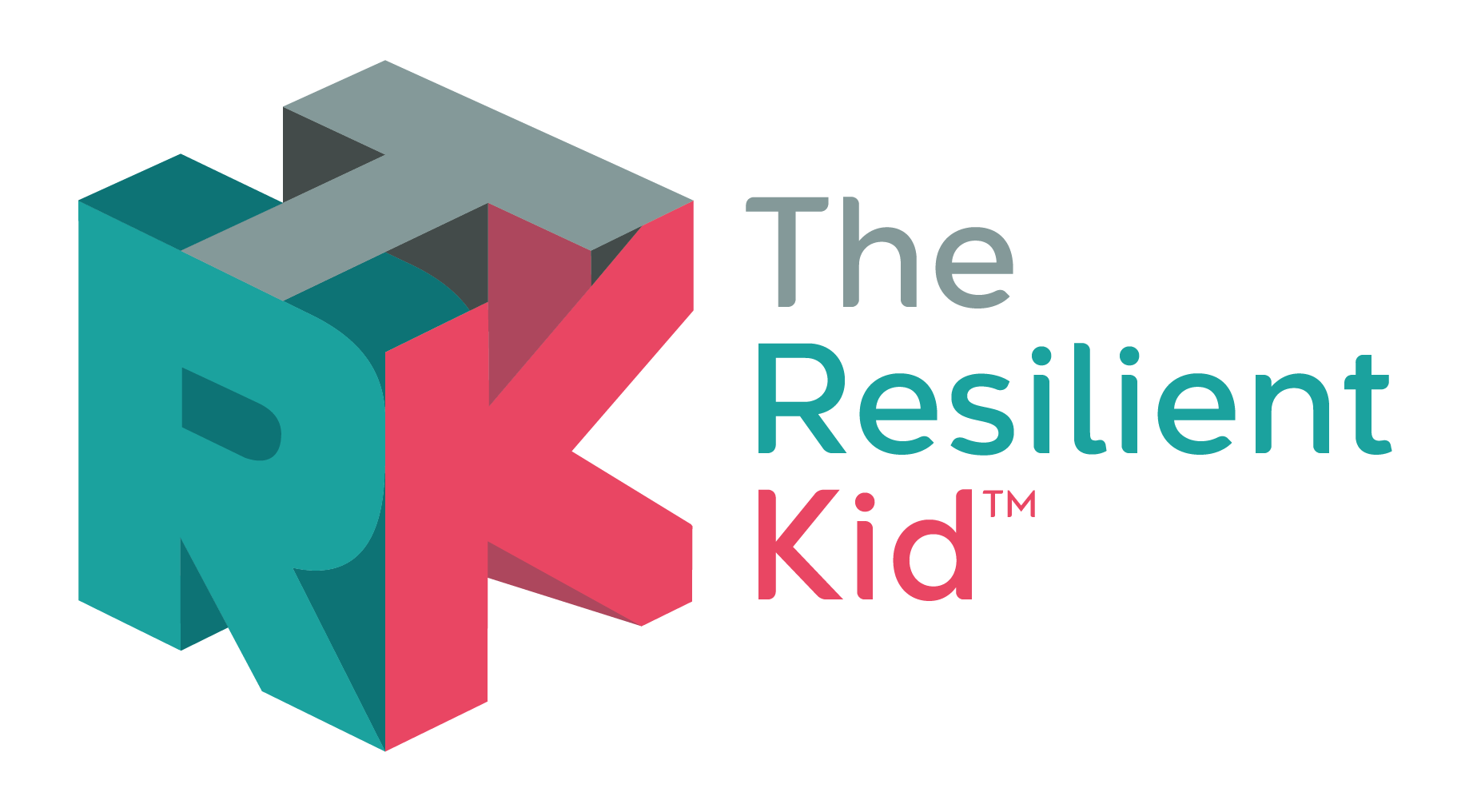
Navigating the Adolescent Phase: When Your Puppy Turns into a Teenager
01/01/2025
Raising a puppy is much like raising a child, as I discussed in my previous blog. However, when your adorable furball hits the adolescent stage, the comparisons to raising a teenager become even more striking. As a psychotherapist, I’ve worked with many families grappling with the tumultuous teenage years. Little did I know, I’d be drawing on that experience to manage my dog, Paddy, now entering his teenage phase. From hormonal changes to forgetfulness, and from excessive barking to boundless energy, the parallels are both amusing and challenging.
Hormonal Havoc: The Teenage Transformation
Just like human teenagers, adolescent dogs undergo hormonal changes that affect their behaviour. Paddy, once a sweet and obedient puppy (well sometimes), now seems to be ruled by his hormones. His newfound interest in marking every tree and pole during our walks is reminiscent of teenagers discovering their independence and testing boundaries. As a therapist, I often discuss the impact of hormones on teenage behavior with parents. Witnessing Paddy’s transformation firsthand, I’m reminded of the importance of patience and understanding during this phase.
Selective Hearing: The Art of Not Listening
If you’ve ever tried to get a teenager’s attention while they’re engrossed in their world, you’ll understand my frustration with Paddy’s selective hearing. Commands he once mastered are now met with a blank stare or outright defiance. “Sit,” “stay,” and “come” seem to have vanished from his vocabulary. Similarly, teenagers often “forget” household rules and responsibilities, leaving parents exasperated. The key in both scenarios is consistent reinforcement and gentle reminders, though it often feels like talking to a brick wall.
Barking and Annoying Everyone Around Them
Paddy’s barking has become his way of expressing frustration and asserting his presence. Whether it’s at the postie, a passing dog, or a suspiciously placed leaf, his vocalisations are incessant. This is strikingly similar to teenagers who often vent their frustrations loudly and vocally, much to the annoyance of those around them. As a therapist, I encourage parents to acknowledge their teen’s feelings while setting limits on disruptive behaviors. With Paddy, I’ve found that acknowledging his “alerts” and redirecting his energy helps, albeit with varying success.
Frustration and Unmet Desires
Teenagers frequently experience frustration when they can’t have what they want, and Paddy is no different. His impatience when waiting for his meal or his disappointment when he can’t chase a squirrel mirrors the emotional rollercoaster of adolescence. Understanding that this phase is marked by intense emotions can help both parents and pet owners navigate these outbursts. Providing structured outlets for energy and emotions, like regular exercise and engaging activities, can mitigate some of this frustration.
It’s hard as they are still children but want to be adults with none of the responsibility. Their brain is nowhere near developed enough to take on some of those risks, that look all too inviting. Luckily I can keep Paddy on a lead, so risk is to a minimum, however, it’s not that easy with teens. I often say to parents it’s like having your heart walk out on legs, never quite knowing if you are going to get hurt. We have to future-proof our teens, in the hope that they make the right decision when those risks present themselves.
Boundless Energy and Late-Night Antics
Paddy’s energy levels have skyrocketed, much like a teenager who seems to have an endless supply of energy for activities they enjoy. Late-night zoomies around the house are now a common occurrence, just like my teens staying up late, engrossed in their interests. This surge in energy requires finding ways to channel it constructively. For Paddy, longer walks and interactive toys have become essential. For teenagers, encouraging participation in sports, hobbies, or social activities can help manage their energy levels and pull them away from screens and the online world.
Forgetting What They’ve Learned
One of the most exasperating aspects of both teenage dogs and human teens is their tendency to forget what they’ve previously learned. Paddy’s impeccable potty training seems to have regressed, much like a teen suddenly “forgetting” basic chores or rules. In therapy, I emphasise the importance of consistency and patience during these regressions. Positive reinforcement and gentle reminders can help both teenagers and teenage dogs relearn and retain their training.
Conclusion: Embracing the Adolescent Adventure
Navigating Paddy’s teenage phase has been an eye-opening experience, full of laughter, frustration, and learning. The comparisons to raising a human teenager are striking and have given me a deeper empathy for the parents I work with. Both experiences require immense patience, understanding, and a sense of humour. As Paddy and I navigate this adolescent adventure together, I’m reminded that this phase, too, shall pass, and the bond we’re building will be stronger for it.
To all the parents and puppy owners out there, remember that these challenging times are also opportunities for growth and connection. Embrace the chaos, celebrate the small victories, and know that you’re not alone in this journey. Whether you’re dealing with a rebellious teen or an unruly adolescent dog, take heart – you’re doing an incredible job.
Comments
Must be Logged In to leave comments.

